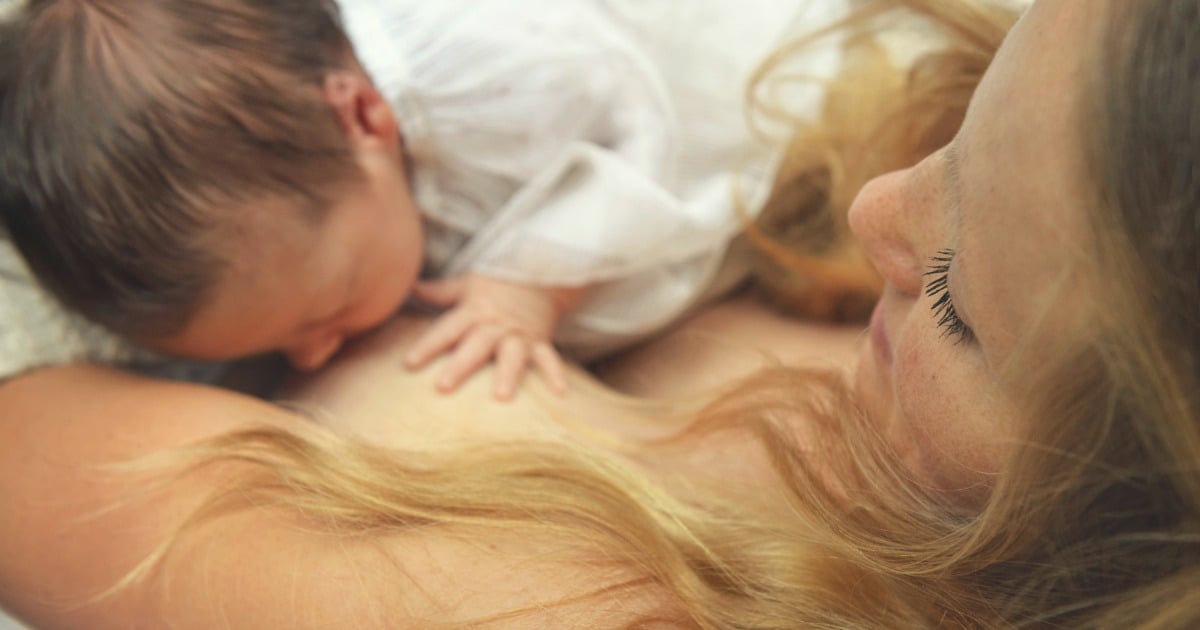Breastfeeding: the spiky topic that continues to divide and conquer in the world of new mums.
As ‘breast is best’ advocates face off with bottle-fed bubs, the world of science is desperately trying to keep up with the debate, offering as much impartial advice as possible to stop each party from clawing each other’s eyes out.
But a new study from the Journal of Paediatrics is sure to make waves with their finding that breastfeeding doesn’t actually have any long-term benefits for the child.
Breastfeeding advocates have long maintained that breast milk is the key to a healthier baby. Breast milk contains antibodies that help your baby fight off viruses and bacteria, and reduces the instances of asthma, ear infections, respiratory illnesses, and diarrhea. It’s is also claimed to improve problem solving skills and reduce hyperactivity. And yes – all of that is true.
But after studying 7,478 babies from Ireland, the doctors found that the differences between breastfed and bottle-fed babies became negligible by the age of five.



Top Comments
Thank you for sharing a great article. This article is very helpful for breastfeeding keep sharing
Bloody idiots!! Why the hell women have breasts? For what? This world is gone bloody crazy!!!!!!!!!!!!!!!!!!!!!!!!!!!!!!!!!!!!!!!!!!!!!!1